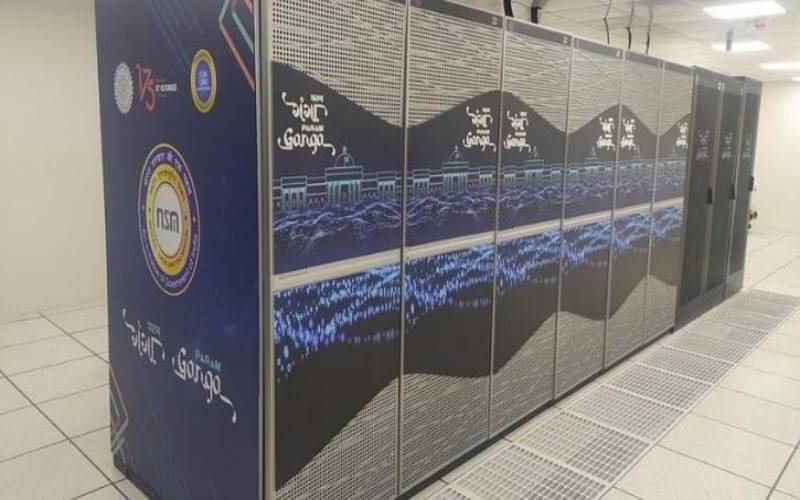×
The Standard e-Paper
Join Thousands Daily

The 1.66 PFLOPS supercomputer was installed at the 175-year-old Indian college. [Courtesy]
A supercomputer with a speed of up to 1.66 PFLOPS (Peta Floating-Point Operations Per Second) has been installed at the oldest engineering institution in Asia.